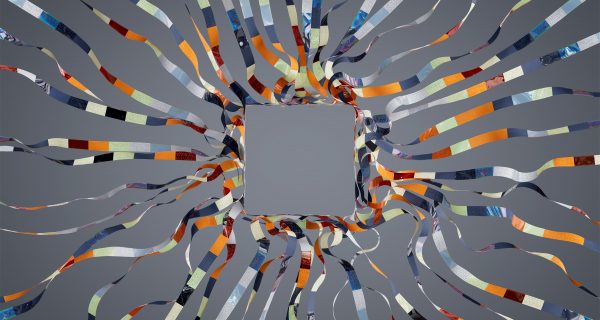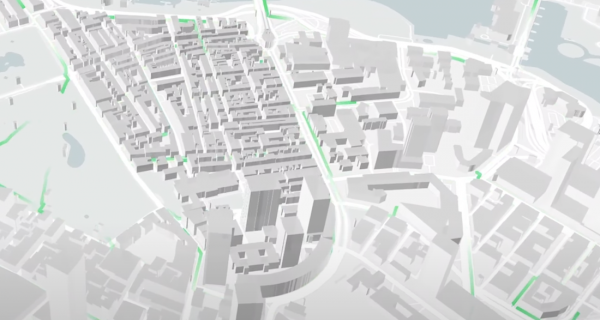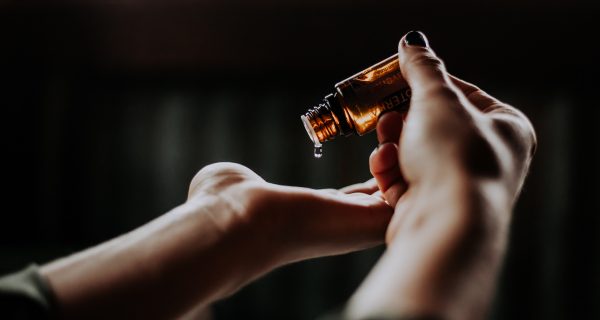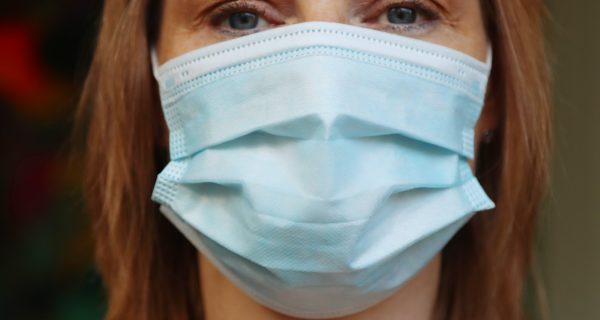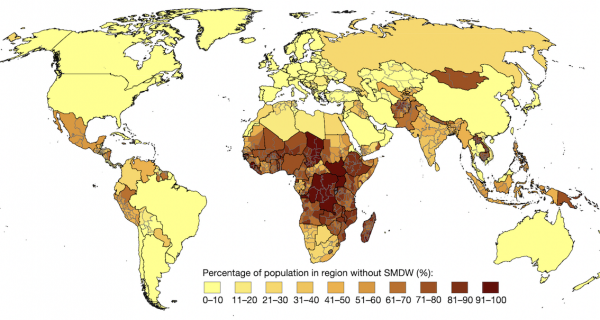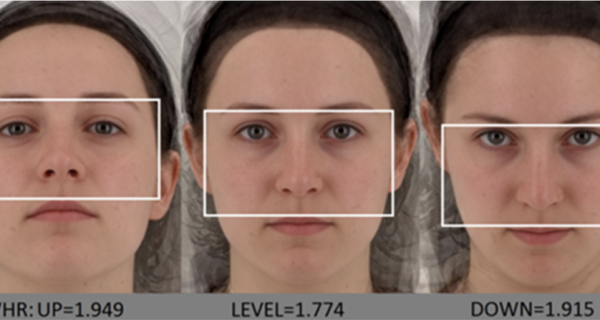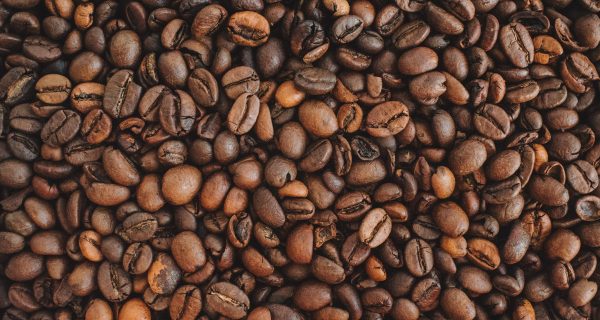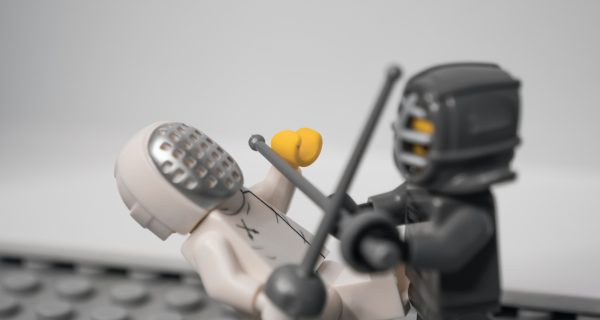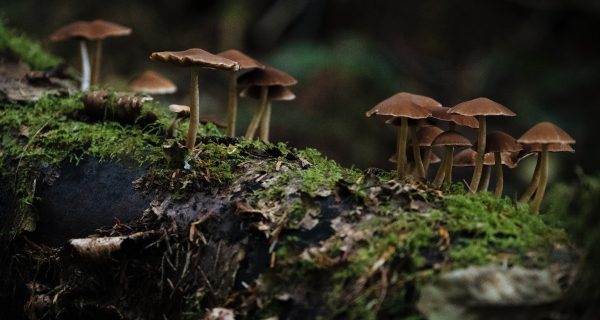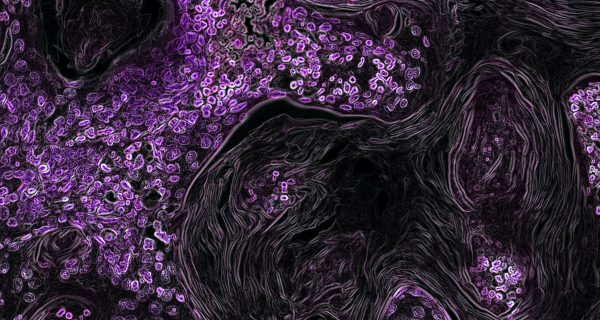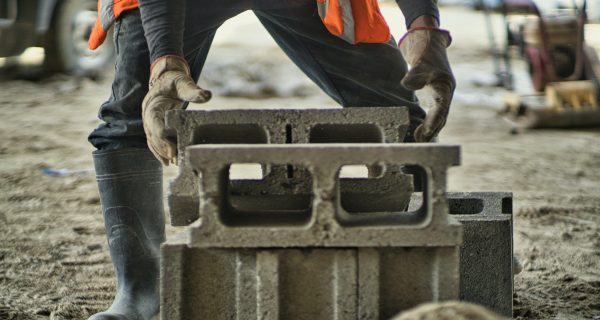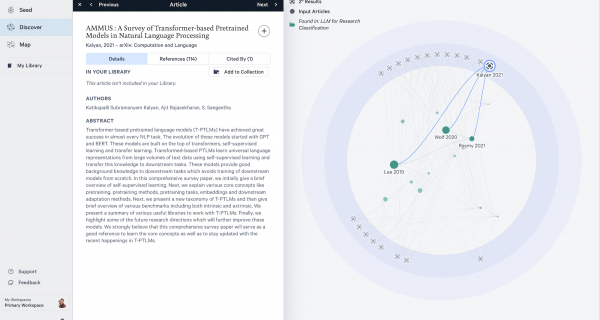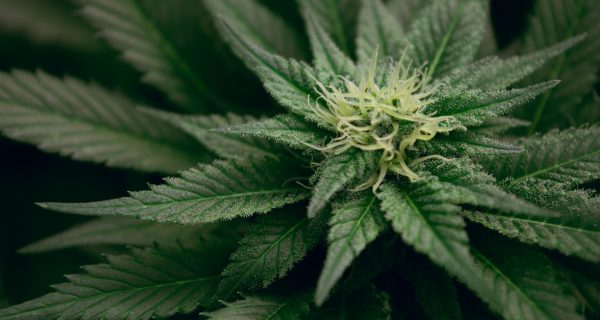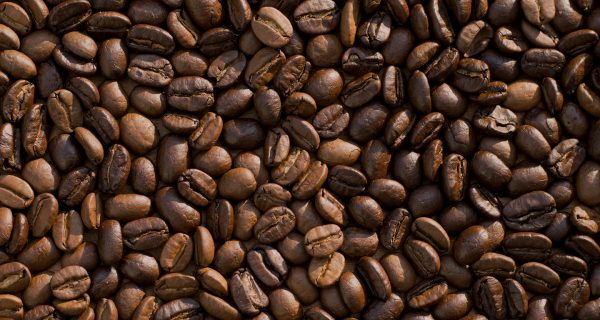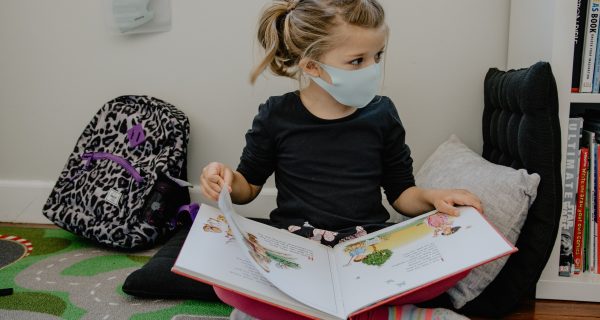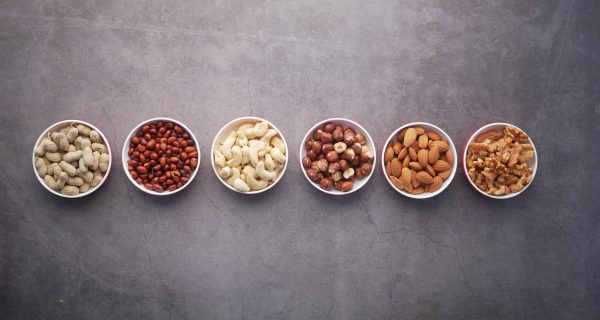Microbial Therapy: Harnessing Neutrophil Plasticity to Repress Tumor Growth
Advanced or previously untreatable cancers may see improved outcomes through better treatment options based on new research focused on inflammation.
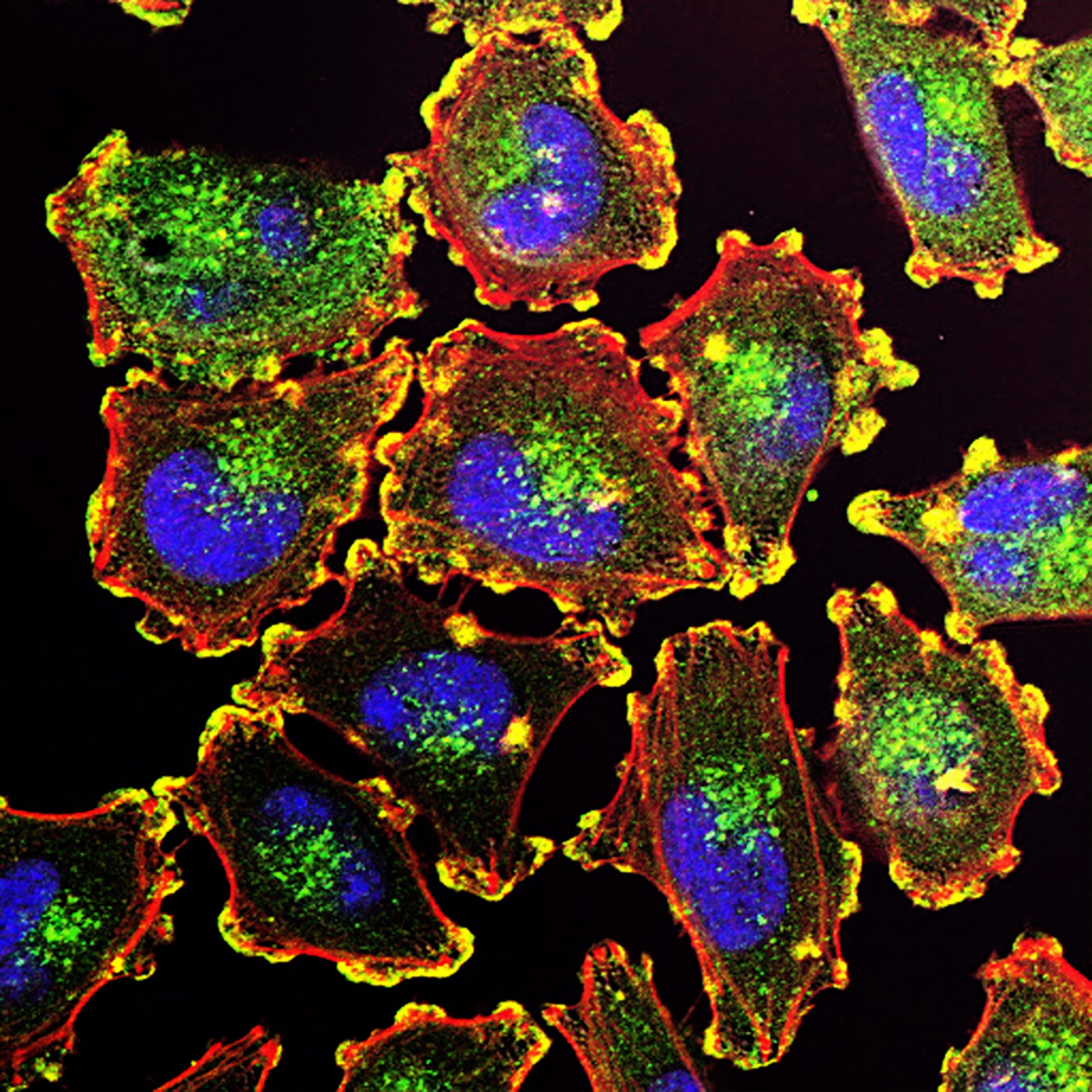
The use of microbial therapy in the treatment of solid cancers has been an area of increasing interest in recent years. A recent study published in Cancer Research investigated the effect of injecting microbial bioparticles directly into tumors, with the aim of converting the tumor microenvironment from a chronically inflamed state to one of acute microbial inflammation.
The results of the study were promising, with intratumoral microbial bioparticle injection leading to rapid and dramatic changes in the tumor immune composition. One of the most striking changes observed was a substantial increase in the presence of activated neutrophils.
Neutrophils are a type of white blood cell that plays a key role in the immune response to infection and injury. In the context of solid tumors, neutrophils have been shown to contribute to the pro-tumorigenic microenvironment, promoting tumor growth and metastasis.
However, the study found that when tumor neutrophils were activated by microbial bioparticles, they underwent a profound shift in gene expression towards heightened activation and antimicrobial effector function. This led to the formation of neutrophil-rich domains in the tumor, which remodeled tumor tissue and repressed tumor growth.
In addition to their direct cytotoxic effects on tumors, the activated neutrophils also upregulated chemokines known to regulate neutrophil and CD8+ T cell recruitment. This led to an enhanced therapeutic benefit of checkpoint inhibitor therapy in tumor-bearing mice and provided protection in a model of tumor recurrence.
Overall, the study highlights a rationale for the broader deployment of microbial therapy in the treatment of solid cancers. By converting tumor neutrophils from a wound healing to an acutely activated cytotoxic phenotype, microbial therapy has the potential to remodel the tumor microenvironment and enhance the efficacy of existing cancer therapies.
The research was led by Associate Professor Tatyana Chtanova at UNSW’s School of Biotechnology and Biomolecular Sciences and Head of the Innate and Tumour Immunology Lab at Garvan. Professor Chtanova says that these findings have helped progress our understanding of acute inflammation to advance microbial therapy for cancer.
“So far we have shown that our microbial therapy can inhibit the growth of primary tumors and can also protect against tumor recurrence, which is a major clinical challenge.” said Professor Chtanova.






